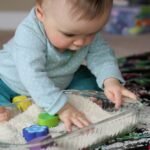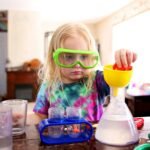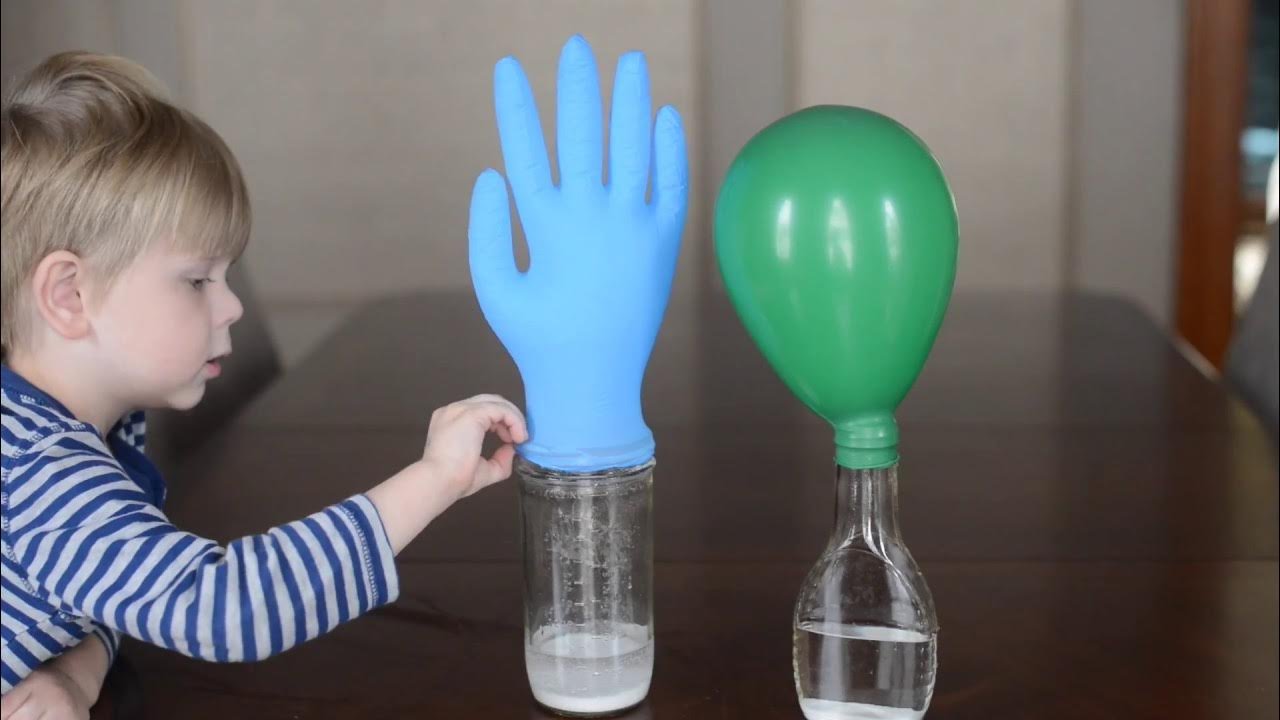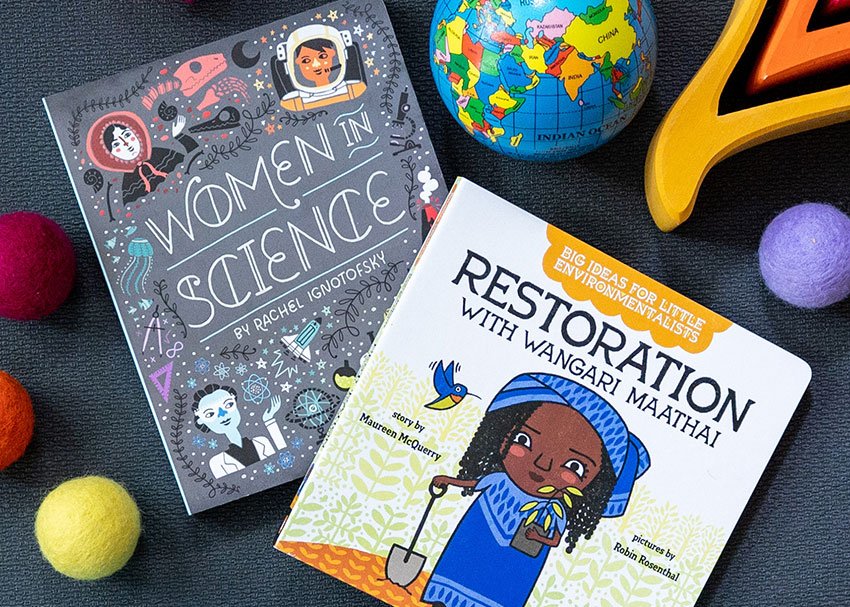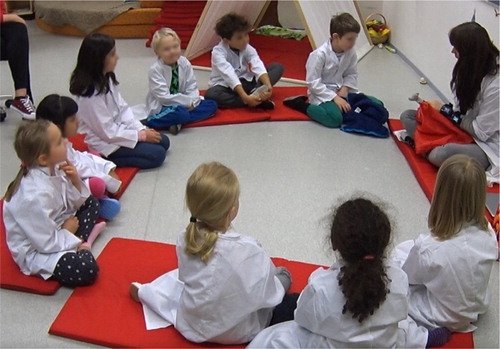Sensory Exploration with Water
Water play is an excellent way to introduce toddlers to science. Fill a shallow container with water and provide various items like cups, spoons, and small toys.
Toddlers can explore how water flows, pours, and splashes. This activity teaches them about properties of liquids and basic cause and effect. Additionally, adding food coloring or bubbles can further engage their senses.

Color Mixing Fun
Introduce toddlers to the concept of color mixing using primary colors. In clear containers, add water with red, blue, and yellow food coloring.
Encourage your toddler to mix two colors together and see what happens. This simple experiment teaches basic color theory and helps develop fine motor skills as they pour and stir.
Exploring Texture with Sensory Bins
Create sensory bins filled with different textured materials, such as rice, pasta, sand, or fabric. Let your toddler explore these textures with their hands.
Moreover, adding small objects like toy animals, spoons, or cups invites further interaction, helping them discover the physical properties of materials through touch.
Making Bubbles
Blowing bubbles is a fun way to introduce toddlers to science concepts such as air and light reflection.
Use a bubble wand and let your toddler watch how bubbles form and float in the air. Additionally, let them try to catch or pop the bubbles, helping develop hand-eye coordination and understanding of movement.
Plant Growth Observation
Plant a simple seed in a small pot and let your toddler observe its growth over time. Explain the process of how seeds turn into plants.
Moreover, involve your toddler in watering the plant, helping them understand the needs of living things. This activity teaches toddlers about nature, growth, and responsibility.
Floating and Sinking Experiment
Introduce toddlers to basic physics with a floating and sinking activity. Fill a tub or sink with water and provide different objects (e.g., a rubber duck, a spoon, a rock).
Let your toddler test which items float and which sink. This activity teaches them about density and the properties of materials in a hands-on and engaging way.
Ice Exploration
Toddlers love the sensation of touching ice, making it a great activity for science exploration. Freeze small toys or food items in an ice cube tray, then let your toddler observe as the ice melts.
You can also add salt to speed up the melting process, introducing the concept of temperature changes. This activity helps toddlers learn about states of matter in a sensory-friendly way.
Simple Magnet Play
Introduce the concept of magnetism by letting your toddler play with magnets. Use fridge magnets or simple toy magnets to attract metal objects like spoons or paper clips.
As your toddler explores how magnets work, they begin to understand the invisible force that attracts certain materials. This hands-on activity encourages curiosity about the physical world.
Sink or Float with Different Materials
Gather a variety of materials (wood, plastic, fabric, metal) and a small tub of water. Let your toddler guess whether the object will sink or float before testing it.
This experiment teaches the concept of buoyancy and helps toddlers develop prediction and observation skills. They also learn about different materials and their properties.
Shadow Play
Exploring shadows with a flashlight can be a fun and easy science activity for toddlers. In a dimly lit room, shine the flashlight at objects and watch their shadows change shape.
Encourage your toddler to move the objects and observe how the shadows grow bigger or smaller. This activity helps toddlers understand light, shapes, and spatial awareness.
Nature Walks for Exploration
Take your toddler on a nature walk to observe plants, insects, and animals. Point out different colors, shapes, and textures found in nature.
This activity helps toddlers connect science with the natural world and stimulates their curiosity about the environment. It also introduces them to basic biology and environmental science.
Conclusion
Science-based activities for toddlers are a fun and engaging way to spark curiosity and introduce them to the wonders of the world. Through simple experiments and exploration, toddlers begin to understand basic scientific concepts like color, texture, buoyancy, and growth.
Moreover, these activities support sensory development, motor skills, and problem-solving abilities, while fostering a love for learning that will last a lifetime.



